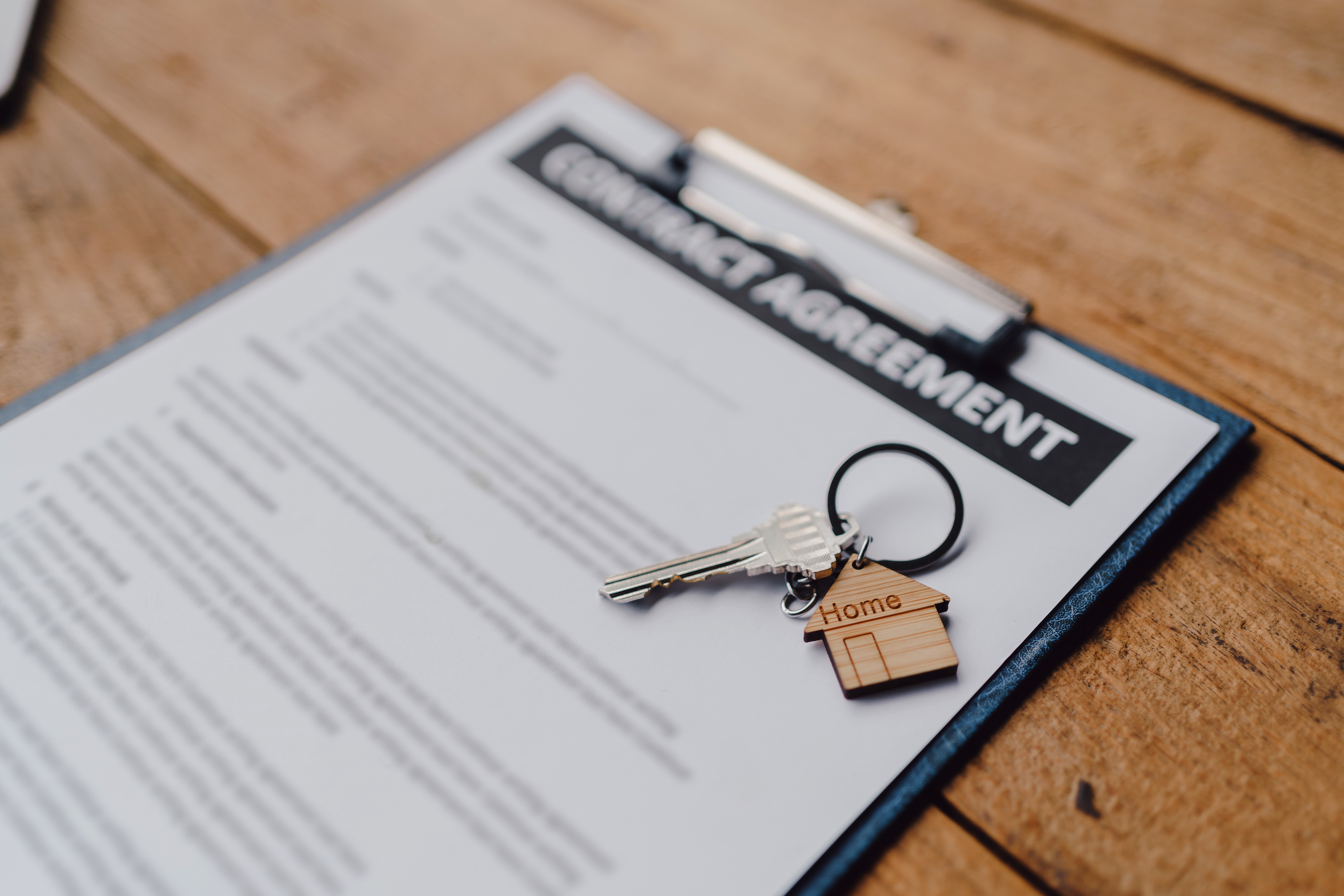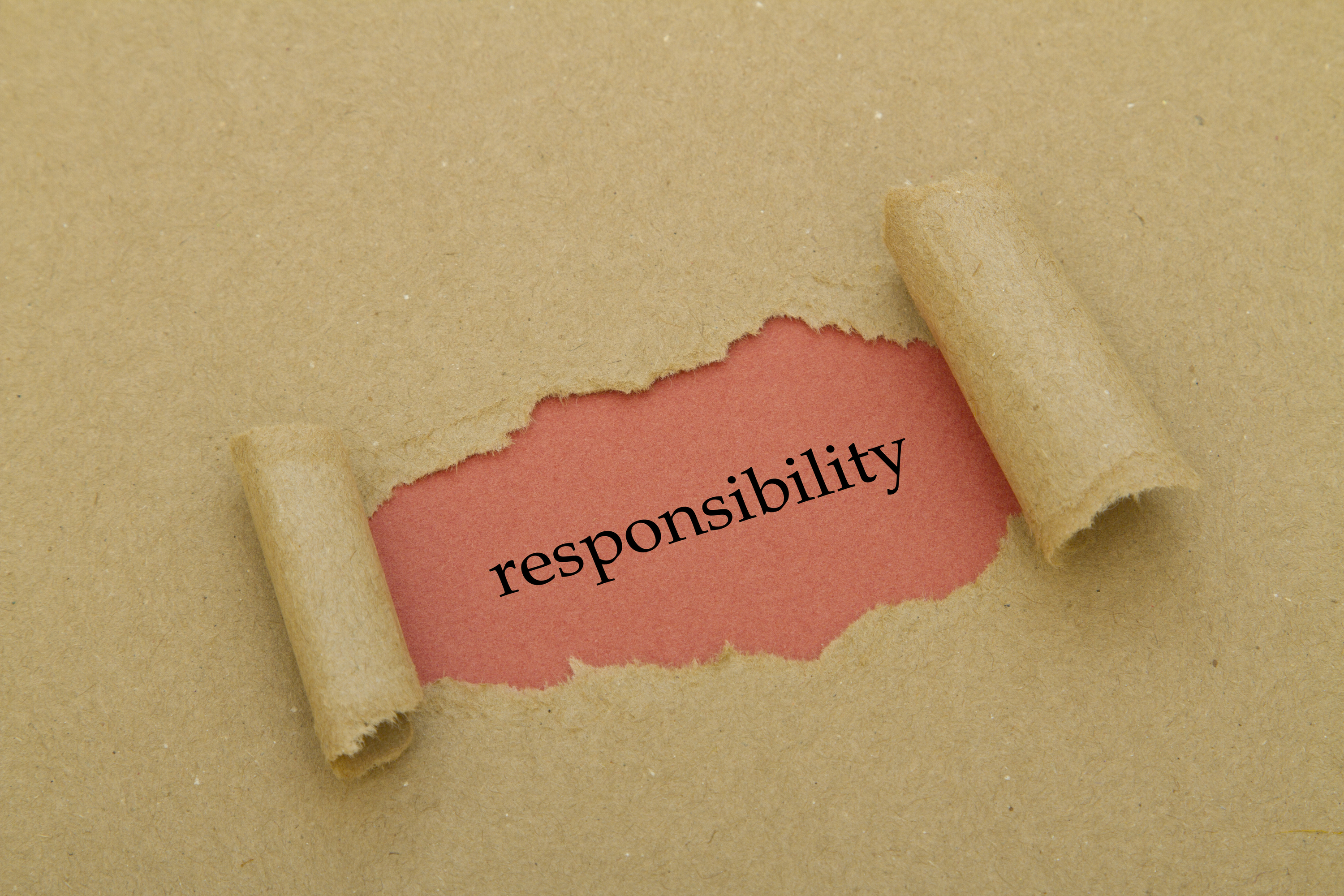
Everything you need to know about student tenancy agreements
You’ve made the decision to head university and have finally decided on your student accommodation. Congrats! Now all that’s left is to sign your student tenancy agreement. But what exactly is it? And how does it work?
We know how daunting rental contracts can be. Whether it’s your first or third year living out, it helps to understand what the contracts include. We’ll give you the lowdown on our student tenancy agreements, your rights and responsibilities as a student, plus info on ending a student tenancy agreement early, and more.
Read on to find out everything you need to know about student tenancy agreement terms, so you can sign on the dotted line confidently.
In this blog we’ll cover:

What is a student tenancy agreement?
A student tenancy agreement is a contract that outlines the terms of your rental agreement. The ‘terms’ refer to things like rent payments, property maintenance, tenancy length and living arrangements.
Student tenancy agreements are legally binding, meaning you and your accommodation provider must follow everything in the contract – for example, maintaining the conditions of the property. A tenancy agreement essentially outlines what’s expected of both parties, and its terms can help settle any penalties, disagreements, and disputes.
When you sign a student tenancy agreement, you’re agreeing to follow these terms. So, it’s crucial to read and understand this document properly.
Ready to book? Explore our student accommodation options.
What does the Unite Students tenancy agreement include?
Whether you opt for uni halls or shared accommodation, it’s important to know what ’s expected of you. From sorting the letting terms and deposit for your student accommodation to guarantors and data protection, here are some key details in the Unite Students tenancy agreement.
The letting
The letting clause outlines the basic terms of your student tenancy agreement. This section includes accommodation details and your rights as a tenant, like using shared facilities within common areas. It also lists conditions for booking accommodation such as remaining a student in full time education throughout the length of your stay, and what may happen if you breach these conditions.
Our obligations
Our obligations set out our main responsibilities as a student accommodation and housing provider. That includes maintenance and repairs, cleaning the common areas, providing and maintaining equipment in the common areas and flat common areas, and providing facilities like electricity, heating and water. It also lists our duty to provide security facilities for the property and offers alternative accommodation during emergencies.
Your obligations
This section in the student tenancy agreement outlines your responsibilities as a tenant. This includes maintaining your room, cleaning shared communal spaces like your shared kitchen, paying rent on time, allowing access for repairs, and more. It also explains conduct rules and conditions such as subletting, disruptions, keeping animals, and smoking in rooms.
Cancellations and transfers
These sections cover transferring your policy, ending your student tenancy agreement early, and our cancellation policy (including our cooling-off period). Our tenancy agreement explains what you’ll need to do in these situations, special rules and conditions, and things to consider.
Deposit and rent agreements
This is where the agreement around paying your student accommodation deposit are listed. These sections explain what your deposit covers, what happens with your deposit at the end of your stay, and any deductions. The tenancy agreement also covers details about advanced rent, what it means, and when it applies.
Agreements and declarations
The Unite Students tenancy agreement provides more detail for what is considered a breach of contract. For example, a breach could include providing false or misleading information during the booking process, , or engaging in anti-social behaviour.
Guarantor information
The guarantee section outlines the legal obligations of your student accommodation guarantor. Details include what your guarantor is liable to reimburse us for, such as unpaid rent, property damage, or costs for cleaning fees or repairs. It also states our obligations to your guarantor when making any claims.
Severability and notices
Severability information explains what happens if any terms are deemed invalid or unlawful. If you want to end your tenancy or address a certain issue, the notice section also provides details of our address and other forms of communication.
Data protection
The data protection clause states why we store and share your personal information as part of your student tenancy agreement. It also briefly explains our privacy policy and your rights regarding your personal information.
Want to find out more? Read our booking terms in full.

What are your rights and responsibilities as a Unite Students tenant?
From sharing a kitchen to studying, you’ll spend plenty of time at your student accommodation. While it’s not your forever home, it’s a space you’ll call yours. So, it helps to understand your rights and responsibilities listed in the student tenancy agreement and how to follow them accordingly.
Your rights
You are entitled to:
Occupy and enjoy your room during the length of your stay, without interruption
Receive maintenance and repairs to the property structure (window frames and glass)
Alternative accommodation (like a hotel) if your room undergoes repairs
Maintenance, repairs and decorating in all common areas
Electricity, hot and cold water, and heating in your room or flat
Heating, electricity and lighting in all common areas
Security equipment and facilities, such as a key fob for room access
Your responsibilities
You are required to:
Pay rent and all other payments on time
Maintain your room, its contents, and common areas to a reasonable standard
(When a reasonable written notice is provided) Allow access to your room or flat for: Viewings, installations, Fire safety inspections and repairs and maintenance.
Cover any costs and expenses for damage caused to the room, flat, or its contents
Not sublet or share occupation of the room/flat
Not cause a nuisance, damage or disturbance to other tenants or neighbours
Not keep any animal, bird, insect or reptile in the room or flat
You should always read these sections of the student tenancy agreement carefully before agreeing to the terms.
If you have any questions about your agreement, rights or responsibilities, don’t hesitate to reach out to us.

How to terminate a Unite student tenancy agreement
Sometimes things don’t go to plan. Maybe you didn’t get the results you expected, or you’re going through clearing (though, we may still be able to accommodate clearing students). Whatever the reason, it’s possible to cancel your booking or end your student tenancy agreement early. Here’s how.
Cancelling your policy
Our cancellation policy has a cooling-off period of seven days. You’ll need to complete our cancellation form within this period. We also have a No Place, No Pay policy for first-year students. That means you can cancel your student tenancy agreement if your offer is withdrawn, or you choose a different uni.
Transferring your tenancy
If you’ve already collected the keys and have moved in, you’ll need to find a replacement tenant and transfer your tenancy over. They must provide a guarantor, and you’ll need to pay any arrears before your tenancy is terminated.
Have any doubts or concerns? Don’t worry! Whatever questions you have, we’ve heard it all. Visit our help centre or contact us directly for more help and advice.

FAQs
Do you need a guarantor for student accommodation?
Yes, you need a guarantor for student accommodation in the UK. This is someone who agrees to cover the rent and other costs and expenses if you can’t. They have a joint responsibility with you, the tenant, to hold up your end of the student tenancy agreement. A guarantor can be a parent or family member over the age of 25.
Can you still live in Unite Students accommodation if you drop out?
Sadly, no. If you drop out of uni, you won’t be able to continue living in Unite Students accommodation, as it’s designed for students in full time education. If you’ve already occupied the room, you’ll need to find a replacement tenant outlined in your student tenancy agreement. The Unite Students team are always on-hand to discuss your options.
How long is a student accommodation contract?
Most student accommodation contracts run for 12 months. Others run from September to June to match the academic year and exam period – the most common agreement for students. There are also different types of contracts, such as Assured Shorthold Tenancy (AST) agreements, individual contracts, and student joint tenancy agreements.
Do students pay rent during holidays?
Yes, students need to pay rent for their student accommodation during holidays. Student accommodation contracts often cover the entire academic year, and this is still in effect even if you don’t intend to stay there for a few weeks during the holidays. Not all students return home over term breaks, and services and facilities are available on-site 24/7.
Is student accommodation regulated?
Yes! Our student accommodation is regulated to ensure safety standards for health, safety, security, and maintenance. We want you to feel safe and secure when you stay with us, so we include CCTV in every home, secure fobs and card systems, and more. For more information, check out our safety and wellbeing FAQs. (Unipol Student Homes)
